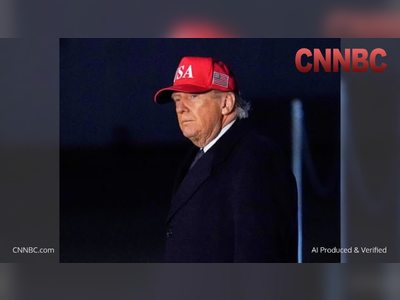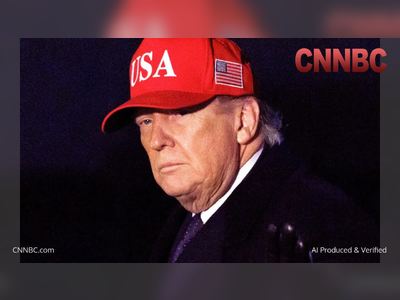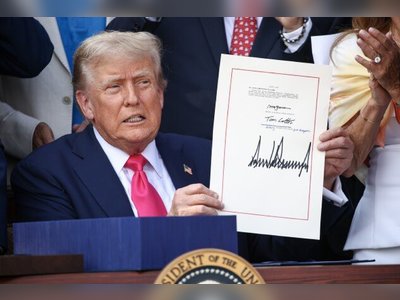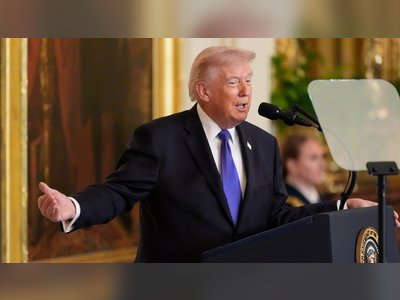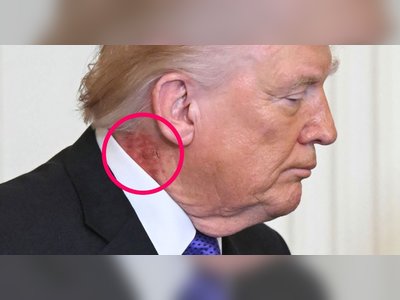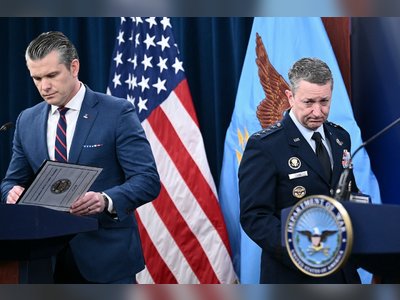Trump Revokes John Bolton’s Security Clearance Over National Security Concerns
Former National Security Advisor criticized for compromising U.S. interests with controversial memoir
President Donald Trump has issued an executive order revoking the security clearance of John Bolton, his former National Security Advisor, citing serious concerns over Bolton’s 2020 memoir, 'The Room Where It Happened.' The book, published following Bolton’s dismissal in 2019, has drawn widespread criticism for including classified information and undermining U.S. national security.
The Trump administration emphasized that Bolton’s decision to publish sensitive details from high-level discussions betrayed the trust placed in him as a senior advisor.
According to the executive order, the memoir recklessly exposed classified material, jeopardizing national security and setting a dangerous precedent for future administrations.
The White House also noted that Bolton’s actions could deter presidents from seeking candid advice, knowing it might later be publicly disclosed.
Trump’s move to revoke Bolton’s clearance aligns with a broader effort to uphold the sanctity of classified information and address what he described as 'self-serving actions' by former officials.
The administration has condemned Bolton’s behavior as disloyal to the country and motivated by personal financial gain, undermining the principles of confidentiality critical to national security.
Bolton’s tenure as National Security Advisor, from April 2018 to September 2019, ended in controversy, and his subsequent publication of the memoir deepened divisions.
The administration had previously pursued legal action to block the book’s release, arguing that it had not undergone a proper pre-publication review.
Despite these efforts, the book was published and widely criticized for revealing confidential conversations and potentially damaging U.S. diplomatic relations.
The revocation of Bolton’s security clearance sends a strong message about the importance of loyalty and accountability among individuals entrusted with sensitive national security information.
The administration stated that this decision was necessary to protect the integrity of the intelligence community and safeguard the interests of the United States.
The Trump administration emphasized that Bolton’s decision to publish sensitive details from high-level discussions betrayed the trust placed in him as a senior advisor.
According to the executive order, the memoir recklessly exposed classified material, jeopardizing national security and setting a dangerous precedent for future administrations.
The White House also noted that Bolton’s actions could deter presidents from seeking candid advice, knowing it might later be publicly disclosed.
Trump’s move to revoke Bolton’s clearance aligns with a broader effort to uphold the sanctity of classified information and address what he described as 'self-serving actions' by former officials.
The administration has condemned Bolton’s behavior as disloyal to the country and motivated by personal financial gain, undermining the principles of confidentiality critical to national security.
Bolton’s tenure as National Security Advisor, from April 2018 to September 2019, ended in controversy, and his subsequent publication of the memoir deepened divisions.
The administration had previously pursued legal action to block the book’s release, arguing that it had not undergone a proper pre-publication review.
Despite these efforts, the book was published and widely criticized for revealing confidential conversations and potentially damaging U.S. diplomatic relations.
The revocation of Bolton’s security clearance sends a strong message about the importance of loyalty and accountability among individuals entrusted with sensitive national security information.
The administration stated that this decision was necessary to protect the integrity of the intelligence community and safeguard the interests of the United States.


